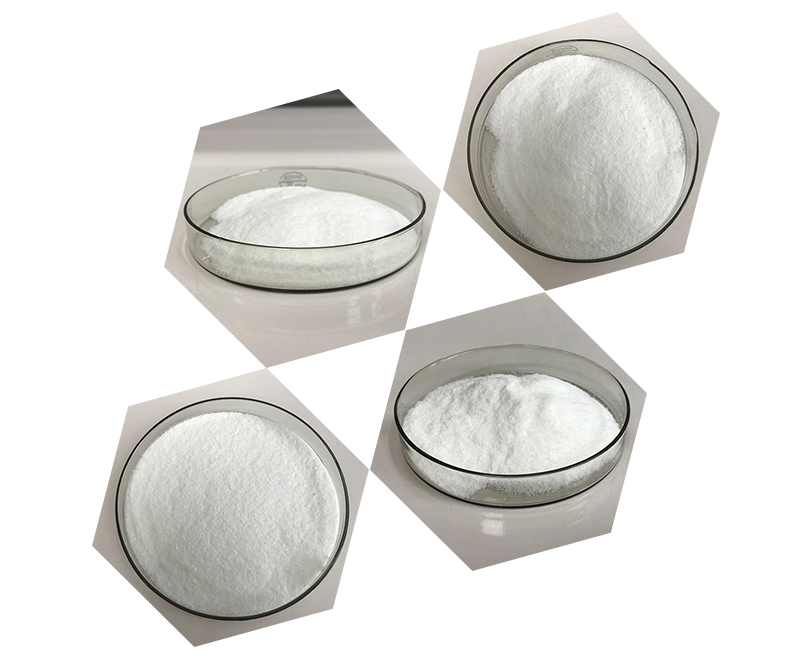Ivermectin is an FDA-approved medication primarily used to treat parasitic infections, such as river blindness and certain types of roundworm infections. It has been widely studied and used for these purposes. However, there has been considerable controversy surrounding its potential use for other medical conditions, particularly as a treatment for viral infections like COVID-19. It’s important to note that the information I provide is based on the knowledge available up until September 2021, and there may have been developments since then.

Profound Benefits of Ivermectin:
- Antiparasitic Use: Ivermectin has proven to be highly effective against various parasitic infections in humans and animals. It works by disrupting the nervous system of parasites, causing paralysis and death. This has led to significant improvements in the health and quality of life for those suffering from these infections.
- River Blindness Control: Ivermectin has played a crucial role in programs aimed at controlling and eliminating river blindness (onchocerciasis) in various parts of the world. It helps reduce the transmission of the parasite that causes the disease, leading to a decrease in blindness and other severe symptoms.
- Lymphatic Filariasis: Ivermectin is also used in combination with other medications to treat lymphatic filariasis, a parasitic infection that can lead to significant disability and disfigurement.
Controversies and Considerations:
- COVID-19: One of the main areas of controversy is the use of ivermectin as a potential treatment for COVID-19. While some studies have suggested that it might have antiviral properties and could potentially reduce the severity of the disease, the scientific community has not reached a consensus on its efficacy for this purpose. Many health organizations, including the FDA and WHO, as of my last update in September 2021, did not recommend its use for COVID-19 outside of clinical trials due to the lack of robust evidence and concerns about potential side effects.
- Dosage and Safety: The safety of using ivermectin in high doses, especially when used for off-label purposes like COVID-19 treatment, is a concern. Misusing or overdosing on ivermectin can lead to serious health risks and side effects, including nausea, vomiting, diarrhea, dizziness, and in extreme cases, even coma.
- Lack of Rigorous Clinical Trials: While there have been some studies suggesting potential benefits of ivermectin for various conditions, many of these studies have limitations such as small sample sizes, methodological issues, and conflicting results. More rigorous, well-designed clinical trials are needed to establish its effectiveness and safety for off-label uses.
In conclusion, while ivermectin has demonstrated significant benefits as an antiparasitic medication in approved use cases, its potential benefits for other conditions such as COVID-19 remain controversial and largely unproven. If you’re considering the use of ivermectin for any purpose other than its approved use, it’s crucial to consult with a qualified medical professional who can provide personalized guidance based on the latest evidence and medical knowledge.
How to use Ivermectin to best effect?
Ivermectin is a medication that has been used to treat a variety of parasitic infections in both humans and animals. In recent times, there has been some discussion about its potential use for treating or preventing COVID-19, but its effectiveness and safety for this purpose are still subjects of debate and ongoing research. As of my last update in September 2021, the use of Ivermectin for COVID-19 had not been widely accepted by major health organizations due to the lack of robust clinical evidence.
If you’re seeking to use Ivermectin for its approved purposes or as part of a COVID-19 treatment regimen (if supported by more recent research), here are some general guidelines:
Consult a Medical Professional: Before using any medication, including Ivermectin, it’s crucial to consult a healthcare professional. They can evaluate your specific situation, provide appropriate medical advice, and determine if Ivermectin is appropriate for you.
Follow Dosage Instructions: If your doctor prescribes Ivermectin for a specific condition, follow their dosage instructions carefully. Dosages can vary based on the type of infection being treated and the patient’s weight.
Take as Prescribed: Whether Ivermectin is being used for parasitic infections or any other purpose, take the medication exactly as prescribed by your healthcare provider. Don’t adjust the dosage or stop taking it without consulting your doctor.

Monitor for Side Effects: Like any medication, Ivermectin can have side effects. Common side effects may include nausea, vomiting, diarrhea, dizziness, and skin rash. If you experience any severe or unexpected side effects, contact your doctor.
Avoid Self-Medication: Self-medicating with Ivermectin or any other medication can be dangerous. Always consult a medical professional before starting or stopping any treatment.
Stay Informed: If you’re considering using Ivermectin for COVID-19, it’s important to stay updated with the latest information from reputable sources such as the World Health Organization (WHO), the U.S. Food and Drug Administration (FDA), and other relevant health agencies. As of my last update, these organizations had not recommended the use of Ivermectin for COVID-19 outside of controlled clinical trials.
Remember that medical guidance and recommendations can change as new research emerges. Always rely on the most up-to-date and trusted sources for medical information.
